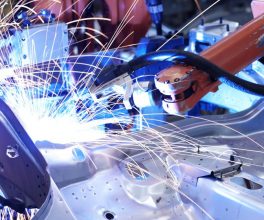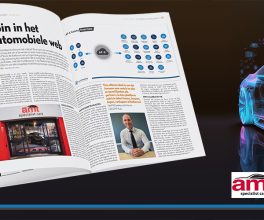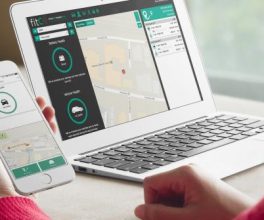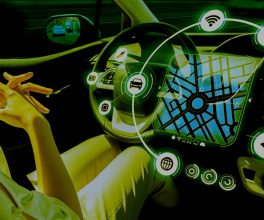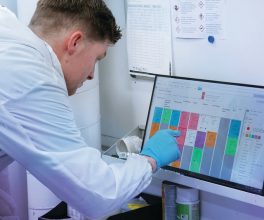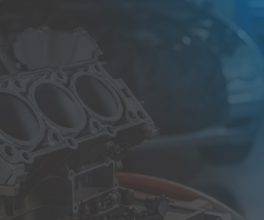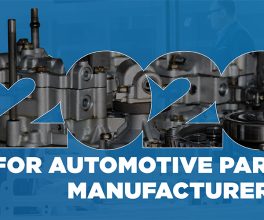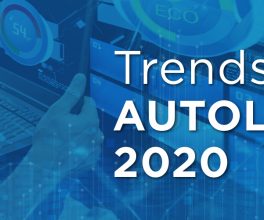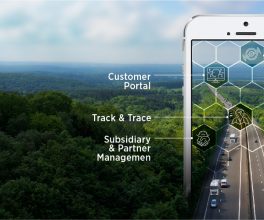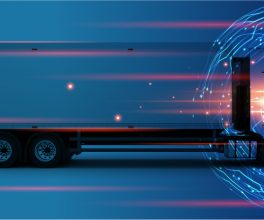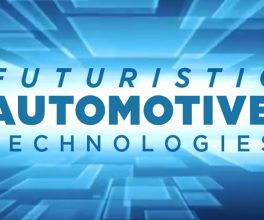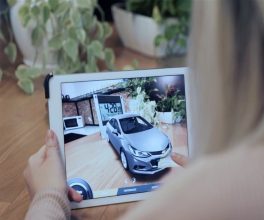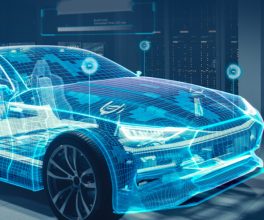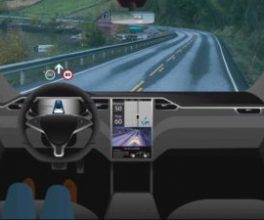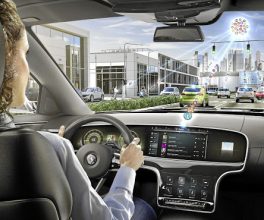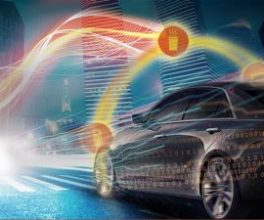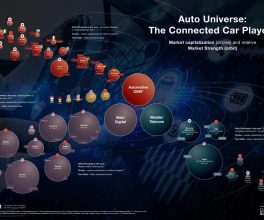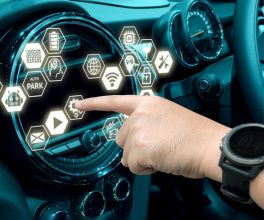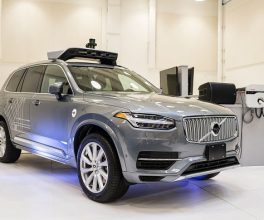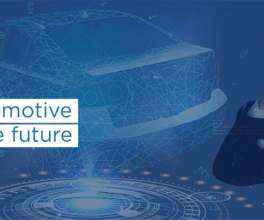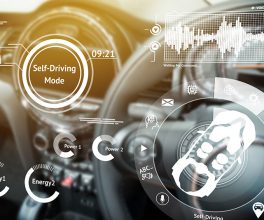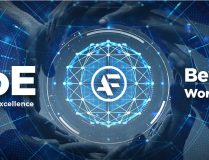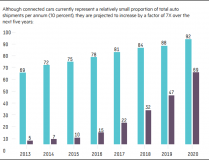At a recent auto event in South East Asia, a senior auto OEM executive claimed that his company is serious about becoming a services provider in the near future. “People may start owning fewer vehicles but that doesn’t mean they are going to avoid driving or travelling for that matter. We want to ensure that we stay competitively relevant even in those conditions,” he said. Connected cars are offering auto companies another opportunity to look beyond the sell and maintain model to earn revenue and increase market share.
According to a McKinsey study that came out last year, the global revenue pool from car data monetization could reach $750 billion by 2030. Another estimate by Gartner puts the number of connected cars in the region of a quarter of a billion by 2019. Subscription-based services, such as those that enhance the driving experience, will give automakers a key source of ongoing revenue while offering a wider scope for deepening customer relationships and enhancing the lifetime relationship value.
The new service provider in town
In the last few years, automakers have become increasingly aware of the need to become service providers. They are diversifying into areas such as ride sharing and on-board infotainment. Diverse and scattered ecosystems around apps, services, and driver behavior are converging on a single platform to power innovation, operations, and revenue in an autonomous and customer experience focused economy.
The new and innovative services also are powered by the interests of a new generation of drivers. The millennials have shown plenty of inclination to opt for data-driven services rendered by automakers. There is, however, a dependency on variables such as time spent in the car, which also plays a key role with customers across age groups opting for such services. The On-board diagnostics (OBD) port has opened up new possibilities for a range of cloud-based mobile apps developed specifically for cars.
Connecting cars with connected homes and other service providers will offer another lucrative revenue avenue. Imagine a car that can serve as your virtual personal assistant and check you into hotels, movie theaters, or other places you frequent, thereby delivering a whole new level of convenience.
Overall, we have found that customers are willing to be engaged by automakers if the services fall under one of these buckets; safety, time savings, convenience, or cost reduction. Surveys conducted in different parts of the world validate this willingness to engage/pay. Customers can be engaged in surveys and/or other voluntary data sharing schemes in exchange for saving on highway tolls or taxes. Data, thus, becomes the link that binds automakers and customers in a mutually beneficial relationship.
Ambient environment conditions, technical status of the vehicle, and usage are areas of common interest to OEMs and customers. These are areas that are ripe for collaboration and data exchange. However, when it comes to customers, there is a clear preference for sharing data only under conditions of a quid pro quo. Customers’ willingness to share data increases with benefits and assurances on data security and privacy.
Benefits for the entire ecosystem
Data brings benefits to the entire automotive ecosystem. Automotive suppliers are upgrading their investments in hardware and software, offering seamless interactions with full connectivity at all times. Insurers already are leveraging data generated by vehicles to offer unique premiums to car owners based on better understanding of customer behavior, post-signing of contract. Infrastructure managers can offer better usage-based incentives while retailers can push offers when customers drive by. Telcos will gain by offering connectivity services and data plans.
Cracking the puzzle
Despite these possibilities, data still remains a puzzle that has been only partially solved as of now. In the days to come, we will see data helping automakers do much more. Who knows, someday soon your car may even tell you how your day is going to be.
Author – Dr. Rishi Mohan Bhatnagar is President, Aeris India and Chairperson of The Institution of Engineering and Technology – IoT panel for India]
Courtesy of CXOtoday

